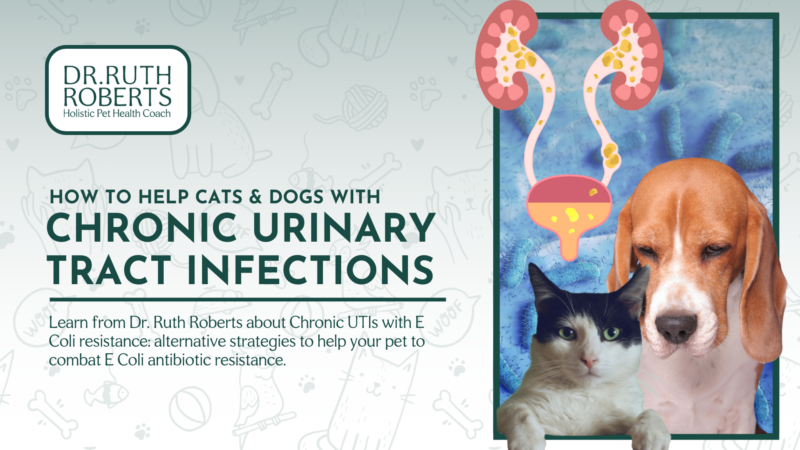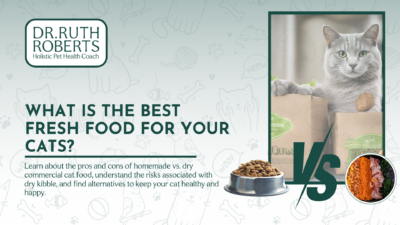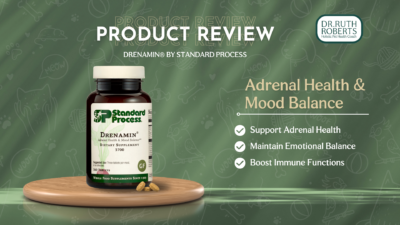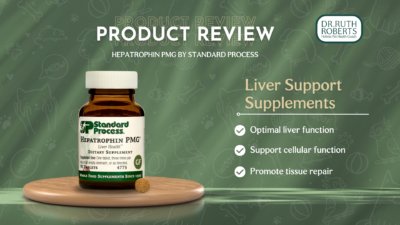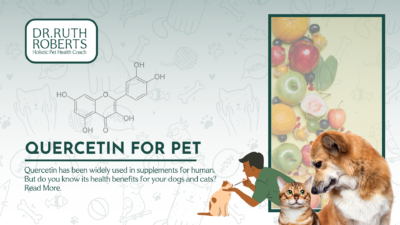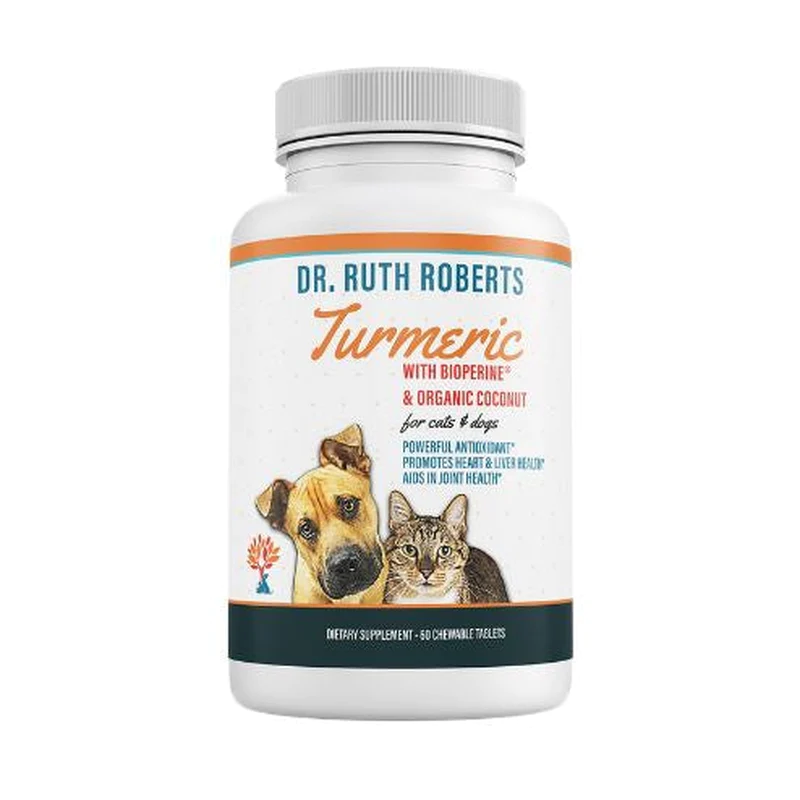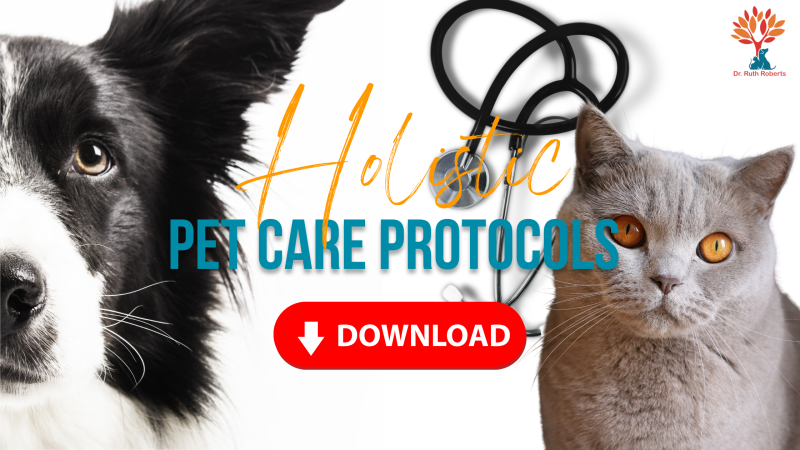Chronic UTI & E Coli
Antibiotic Resistance in Pets
Chronic UTI (urinary tract infections) in pets, particularly dogs and cats, are often caused by a specific type of bacteria called Escherichia Coli (E Coli). This bacterium is a normal resident of the intestinal tract in both animals and humans. While many strains of E Coli are harmless, certain strains can lead to infections when they enter the urinary tract.
Antibiotics are commonly prescribed to treat bacterial infections, including UTIs. But what’s truly concerning is the growing problem of E Coli becoming resistant to antibiotics.. Antibiotic resistance occurs when the bacteria no longer respond to the antibiotics that were once effective in killing or inhibiting their growth. This makes infections caused by antibiotic-resistant E Coli more challenging to treat and can lead to prolonged illness, increased healthcare costs, and potentially more severe complications.
The news broke in May 2016, a novel strain of E. Coli emerged in the U.S, displaying an unprecedented resistance to all known antibiotics. While our pets may not be grappling with the same strain, we’ve observed a disturbing trend of antibiotic resistance in dogs and cats alike. The question on our minds: Could this trend eventually impact our cherished companions? The answer remains uncertain.
In cases of chronic UTIs, the presence of E. Coli bacteria that are resistant to antibiotics can complicate treatment efforts. This can lead to prolonged discomfort for the pet, potential complications, and a higher risk of the infection spreading to the kidneys or other parts of the urinary system.
How to Support Chronic UTI with E. Coli Antibiotic Resistance?
In the world of our four-legged friends, antibiotic-resistant bacteria isn’t a novel concept. Similar to humans, both cats and dogs can develop MRSA, a stubborn bacterial strain. Instead of sticking solely to antibiotics, it’s worth considering a different approach to tackle chronic UTIs with E. coli antibiotic resistance. A promising alternative involves focusing on nurturing gut health. By nurturing a healthy gut environment, you can potentially strengthen your pet’s defenses against these infections. This shift towards maintaining gut health offers a holistic strategy that may contribute to managing and preventing chronic UTIs more effectively.
Boost Your Dogs’ or Cats’ Immune System
The immune system is closely linked to the gut, constituting two-thirds of the body’s defense. This connection is substantial. A pet’s immune system mirrors the state of their gut health. A weakened immune system leaves your furry companion ill-equipped to combat E. coli in the urinary tract. This can lead to chronic infections due to the immune system’s inability to respond effectively. To address this, a robust immune system is needed to counter infections and prevent UTI in our dogs and cats. Additionally, you can consider adding supplements like UTR – Urinary Tract Support specifically designed for pets requiring urinary tract support to flush out impurities and maintain proper urinary system function. It’s advisable to consult your veterinarian to determine the appropriateness of administering this supplement.
Homemade Food for Urinary Problems
The first step towards enhancing your pet’s immune system is to alter their diet naturally. As a veterinarian practicing integrative medicine, I suggest preparing whole foods for your dogs and cats. Instead of relying on store-bought options, consider crafting homemade cat and dog food for urinary problems by yourself. We cannot always depend on commercial pet food because often it contains additives that can disturb your pet’s gut health. Embracing natural pet food solutions can help alleviate these concerns.
You can create a difference by utilizing the right ingredients, like incorporating some the best mushrooms for the immune system such as Reishi, Lion’s mane and chaga. Or you can try The Original CrockPET Diet®, which includes a guide to help you prepare meals that support the best cat and dog food for urinary health without the need for a vet prescription.
As you transition to more nourishing fare, it’s important to be patient as your pet adapts to the changes. Gradually mix your digestive health cat and dogs food with store-bought food until your pet becomes accustomed to the new diet. Cats, in particular, can be selective eaters, so it’s a good idea to explore methods to ease their transition to a healthier diet.
Probiotic Supplement for Gut Health
In addition to changing your pet’s diet, you also need to populate your cat or dog’s gut health with lots of good bacteria. UTIs primarily result from the presence of uropathogenic Escherichia coli (UPEC), a strain of bacteria naturally found in the gastrointestinal tract. These UPEC bacteria, which typically inhabit the gut, have the capacity to migrate upward along the urinary tract. This migration can occur due to various factors, including personal hygiene practices or specific anatomical conditions. Once in the urinary tract, these bacteria can adhere to the lining and multiply, resulting in the characteristic symptoms of a UTI, such as pain, burning sensation during urination, increased frequency of urination, and sometimes fever. It’s worth noting that while UPEC is the most common culprit, other types of bacteria can also cause UTIs.
The presence of good bacteria will help bolster your pet’s gut health and also their immune system. One of the supplements I recommend is FidoSpore. This will help your pet’s intestine repopulate with healthy bacteria. For your dog or cat, taking a supplement like this is the equivalent of humans eating yogurt. Nurturing this bacteria will help your pet fight off urinary tract infections caused by E. coli.
With that in mind, you can gain insights from useful resources designed to help you enhance your pets’ gut health. I recommend enrolling in Gut Instincts: Natural Digestive and GI Health Course, a program meticulously crafted to provide you with guidance, tips, and actionable methods. What’s included? You’ll receive a Gut Health Guide eBook, four instructional videos, recipes for a rotation diet, comprehensive knowledge on restoring gut health and much more! With the support of valuable resources, you’ll be equipped with the knowledge and tools to make a positive impact on your pets’ lives.
Helping Your Pet Beat Tough Urinary Tract Infections
Chronic urinary tract infections (UTIs) in pets, especially those involving E. coli with antibiotic resistance, can be a formidable challenge. Successfully liberating your beloved companion from this condition demands a combination of steadfast determination, a generous dose of patience, and a readiness to explore various approaches, even if they involve some trial and error. While the battle against these persistent infections may seem arduous, it’s important to remember that you don’t have to face it alone. Support, guidance, and expertise are available to help you and your pet along this journey towards improved health and well-being. Always consult with a trusted veterinarian to formulate a tailored plan for your pet’s specific needs and circumstances.
FAQ on Supporting Cats and Dogs with Chronic UTI
What happens if my pet has UTI for too long?
If a urinary tract infection (UTI) in your pet persists for an extended period, it can lead to various complications and discomfort. Over time, the infection may spread from the lower urinary tract to the kidneys, causing a more serious condition. It’s crucial to address UTIs promptly to prevent these potential complications. If you suspect your pet has a UTI, consult a veterinarian for proper diagnosis and treatment.
How do you prevent chronic UTI in dogs?
Ensure your dog stays hydrated by providing fresh water at all times. Regular bathroom breaks and proper hygiene, including cleaning genital areas, help reduce the risk. A balanced diet that supports urinary health and maintaining a healthy weight are crucial. Focus on a balanced diet that not only supports urinary health but also promotes a healthy gut.
How do you prevent chronic UTI in cats?
Ensure your cat has access to clean water to stay hydrated. Opt for a balanced, high-quality diet that supports urinary health and maintains an ideal weight. Regular litter box maintenance and cleanliness are essential to prevent bacterial buildup. Encourage regular exercise and provide opportunities for mental stimulation.
What can I do for a senior dog and cat with a UTI?
For a senior dog or cat with a UTI, consult your vet and keep them hydrated, offer frequent bathroom breaks, and maintain hygiene. Adjust their diet for urinary health, provide comfortable resting spots, and ensure regular vet check-ups to monitor and manage their condition effectively.

